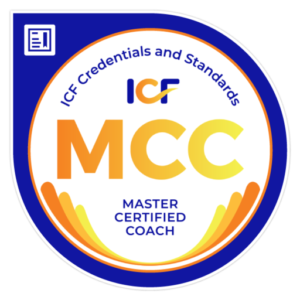O.K. so you’d rather go to the dentist than give a speech. You’re not alone. Giving a speech is a tremendous fear that many people have. Giving a speech isn’t as difficult as you think if you pick a subject you are passionate about, knowledgeable about, and comfortable with. You might take for granted the knowledge or information you have. But your strength might be someone else’s weakness, and the information you have to share might be just what they want to hear. Begin preparing your presentation by asking, “who is my market?” “what’s in it for my audience?”
Keep your talk simple. Strive for clarity and simplicity. Write your presentation and practice out loud in front of people. (When your friends stop calling, you know you’ve overdone it.) Audiotape your talk and listen to it several times. Write the key points on 3×5 cards and rehearse your presentation using only the cards, not the written speech.
When you have a speech you’re comfortable with, think about where you want to deliver it. From the Chamber of Commerce to leads groups to Rotary Clubs, many types of organizations are in constant need of speakers. These groups provide wonderful opportunities for you to share information and get great visibility in the marketplace. If you want to learn skills and develop yourself as a speaker, Toastmasters International is a great place to go to practice and get evaluated. I would also recommend two books “Speak and Grow Rich” by Dottie and Lilly Walters and “Inspire any Audience” by Tony Jeary.
Giving a twenty minute presentation can be one of the most effective says to market your business, but it takes a lot more than just showing up. Many professionals give speeches and don’t leverage the opportunity. To get the most out of your public speaking, it’s important to determine what your purpose is in giving the speech. Are you there to get clients?” Do you want to form strategic alliances with members of the audience? Put your attention on your intention so you’ll know the results you’re looking to achieve.
Giving speeches is a great way to get your name out and get recognition in your field. If you hear yourself saying “I’m not a good speaker,” change that message and know that you have valuable information to share. Speaking can be lots of fun and a great way to market your business.
Top 10 Tips to Leverage a Speaking Engagement
- Send out press releases to local papers announcing the title of your upcoming speech. You can get great free publicity by sending the topic and some highlights of the talk to the newspaper. Pick out some key points that would attract the reader’s attention.
- Produce a flyer with your picture and distribute it to your network. Publicize the speech on your website and in your newsletter or any mailings you are doing. Send publicity to your prospects inviting them to attend your presentation.
- Meet the audience before the talk to build rapport. Arrive early and greet the audience yourself. It’s very helpful to bond with the audience and know that they want you to succeed.
- Always give out handouts and your business card. Make the handout something of value that will be retained. Include marketing materials, but also something that is especially valuable to the recipient. You might include tips or secrets you share in your talk.
- Give out an evaluation form to all participants. This form should request names and contact information. Offer a free consultation if it’s appropriate to your business.
- Have a place on the form where participants can list other groups that might need speakers and the program chairperson or other contact person.
- Offer a door prize as incentive for handing in the evaluation. You might bring a book or tape that would interest that particular group. When you have collected all of the evaluations you can select a winner of the prize.
- Stay after your talk to mingle with the audience .Offer a follow-up call one week later for additional support and to answer any questions that might come up.
- Since you will most likely not be paid for the speech, ask for some other form of compensation. A free ad in the group’s newsletter might be a fair exchange.
- Send a thank you note to the person who invited you. You might want to include copies of some of the evaluations.









